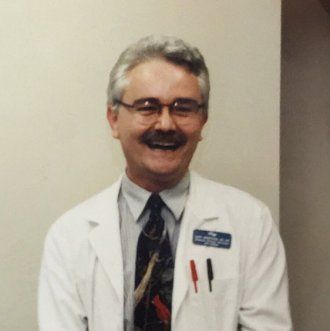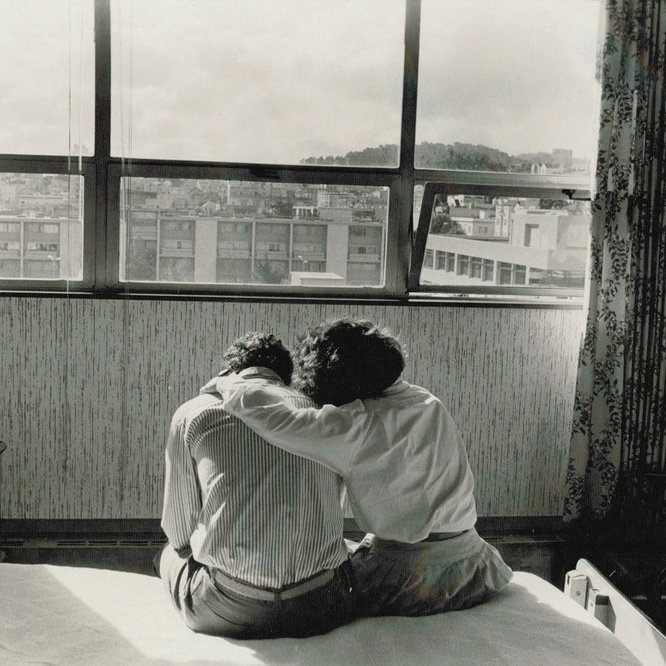AIDS at 40: Parallels of Living Through AIDS, Surviving COVID-19
This story is one in a series of first-person perspectives from those who are working on the frontlines to better understand, treat and prevent transmission of HIV and AIDS as well as COVID-19. You can read more about the 40 years of AIDS in SF and how it has shaped the COVID-19 response.

Cliff Morrison
Now that we have the hindsight of 40 years to look back on, there are many lessons that we have learned.
First, I would like to point out the parallels of living through the AIDS epidemic and now barely surviving the COVID-19 pandemic. The comparisons are startling. Both pandemics snuck up on us without warning.
The politics and the social issues similarly mirror each other nearly four decades later. Not to mention the fear and anxiety, as well as the early denial that there really was/is an issue of concern. So many of us suffered through the loss and the unbearable grief that came with AIDS, but for me to contract COVID-19 and barely survive it, was not only traumatic, but changed the way I view AIDS.
So much of our response to COVID-19 is owed to what we learned from AIDS. The irony is that UCSF and San Francisco General Hospital led the response in both pandemics, and it’s amazing how much of the research going on now is being conducted by current, and former, HIV researchers and practitioners.
There were so many lessons learned from the AIDS pandemic. The response from the gay community, which in the beginning was in denial, rapidly came around and began to respond when society was ready to turn on their community. They took actions through many forms, including volunteerism, community activism, education, politics and health care advocacy.
It is so important that we not forget or fail to apply these lessons and indeed, continue to learn from them to make tomorrow better for all of us as one community, undivided.
The gay community, and the health care community came together, forging an alliance unlike anything that we had seen before. This collaboration led to more community activism and a united approach as we developed support networks to help patients, caregivers and families. Outreach and support from the faith community also was a first, and that has continued to this day.
Out of all of these efforts came an increasing awareness and acceptance of gays in our society that years later, ultimately paved the way for greater acceptance and changing longstanding prejudices against gays socially, legally and politically. Ultimately, these evolving perceptions lead to legislation that guarantees more equal rights, including the right to marry.
For me, it is important to keep that perspective in mind as we review and remember those whom we lost, the efforts of so many to ease the pain and suffering, and to develop systems to provide compassionate care and treatment.
In addition, the medical research community and the broader community forged a relationship with the gay community that continues today, most evident in San Francisco. It is so important that we not forget or fail to apply these lessons and indeed, continue to learn from them to make tomorrow better for all of us as one community, undivided.
Cliff Morrison, RN, MSM, MSN, ACRN, FAAN, was a Clinical Nurse Specialist at San Francisco General Hospital who led planning and implementing of the first AIDS unit that opened in July 1983 and was immediately recognized as a model of care.
40 Years of AIDS in SF
Learn about UCSF’s four decades of work in HIV and AIDS, and how it has informed our response to the COVID-19 pandemic.
